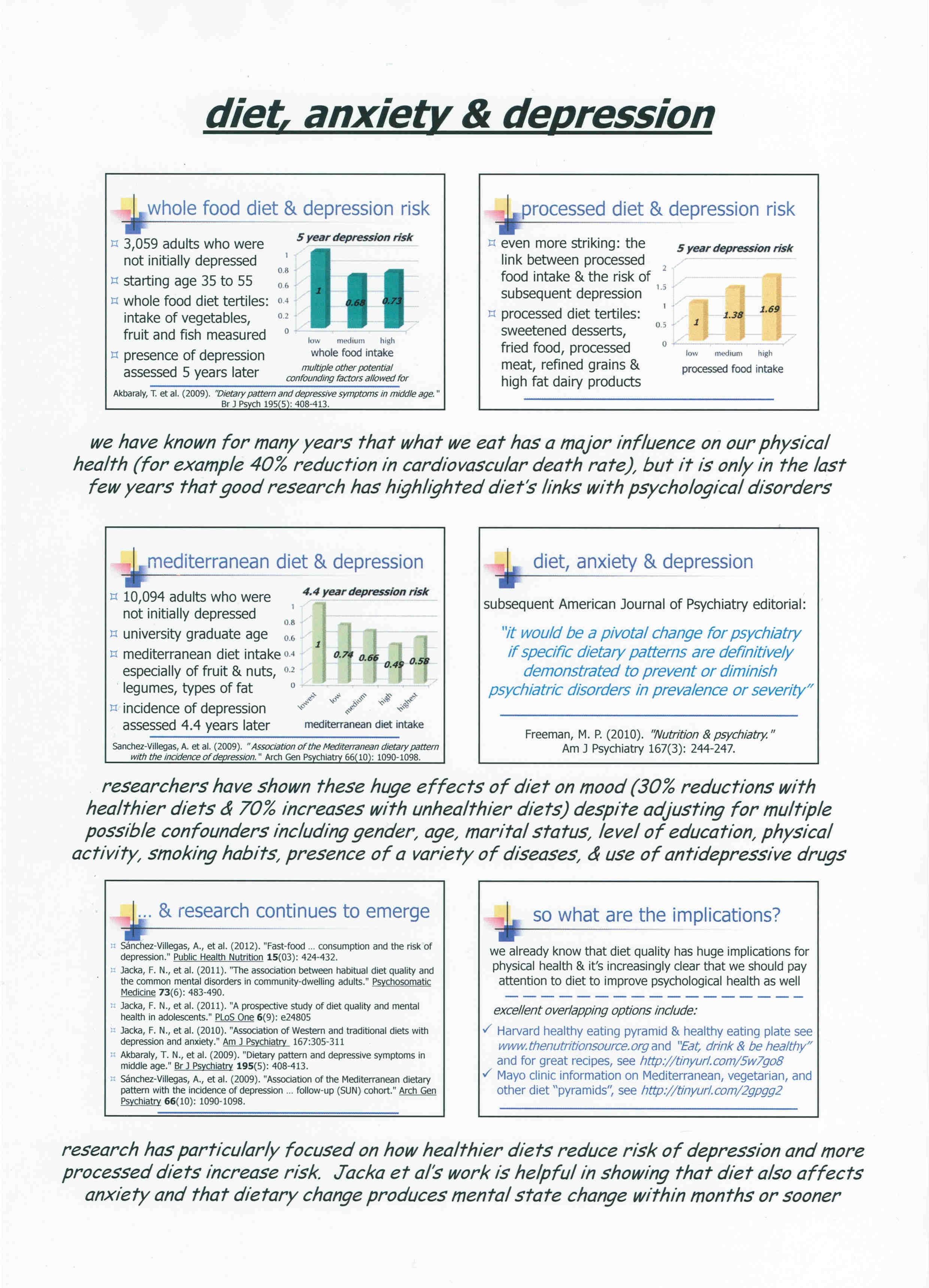Warwick BABCP conference: 1st afternoon - treating adolescent anxiety & depression, and depressive rumination (3rd post)
Last updated on 11th August 2015
I have already written about the pre-conference workshop I went to on "Anger dysregulation" and the presentations on the first morning of this year's summer CBT conference in "Warwick BABCP conference: 1st morning - trauma memories & a master presentation on four decades of outcome research (2nd post)". In the afternoon I attended a symposium on "Improving treatment of anxiety and depression in adolescence" and then went on to a keynote by the Australian professor Michelle Moulds entitled "Rumination and memory in depression".

